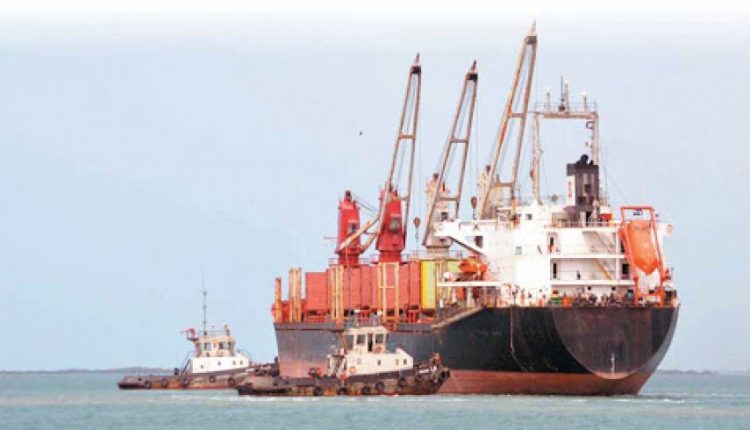The Local Authority In Hodeidah Warns Of Humanitarian Catastrophe For Ongoing Detention Of Fuel Ships
The local authority in Hodeidah Governorate has warned of a humanitarian catastrophe as a result of the US-Saudi aggression’s continued detention of oil derivatives ships and preventing them from entering the port of Hodeidah, stressing that the vital service sectors, especially hospitals, are threatened to be stopping.
In a statement to the Yemeni News Agency (Saba), the authority condemned the arbitrary practice of the countries of the aggression coalition led by America and Saudi Arabia on fuel ships or Yemeni fishermen in territorial waters.
The statement pointed out that the aggression’s piracy on fuel and food ships is a flagrant violation of the Stockholm Agreement on Hodeidah, and reveals the intransigence of the aggression and its disregard of all agreements in full view of the international community and its organizations claiming humanity.
The local authority considered the detention of fuel for electricity a full-fledged war crime, given its catastrophic consequences for the humanitarian situation in the governorate, which worsened in the summer and increased the suffering of citizens.
In its statement, the local authority held the Security Council, the United Nations and the Saudi-led aggression, full responsibility for the catastrophic repercussions of the continued ban on fuel ships. This detention causes power cuts and the suspension of basic services for citizens, especially in light of the high temperature during the summer of this year.
It renewed its demand to quickly release the detained ships and allow them to enter the port of Hodeidah unconditionally to alleviate the aggravating suffering of the population.
The statement called on the United Nations, international organizations and free people to put pressure on the coalition of aggression to release the detained fuel ships and lift the siege to prevent an imminent humanitarian catastrophe due to the cessation of the vital service sectors.

